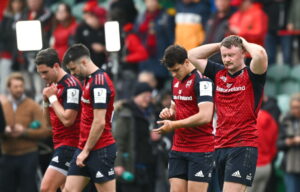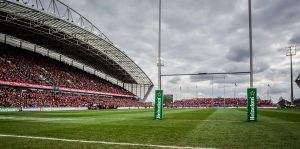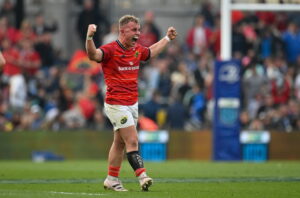If you’re a child of the 80s and a retro soccer fan, as I am then Alan Hansen’s post-match analysis of Manchester United’s 3-1 defeat to Aston Villa on Match of the Day in 1995 will probably be one of those “burned-in” memories.
The beige suit. The blue studio background. The “your nan’s sofa” pattern on the tie. The Scottish accent.
“The trick is always to buy when you’re strong, so he needs to buy players. You can’t win anything with kids.”
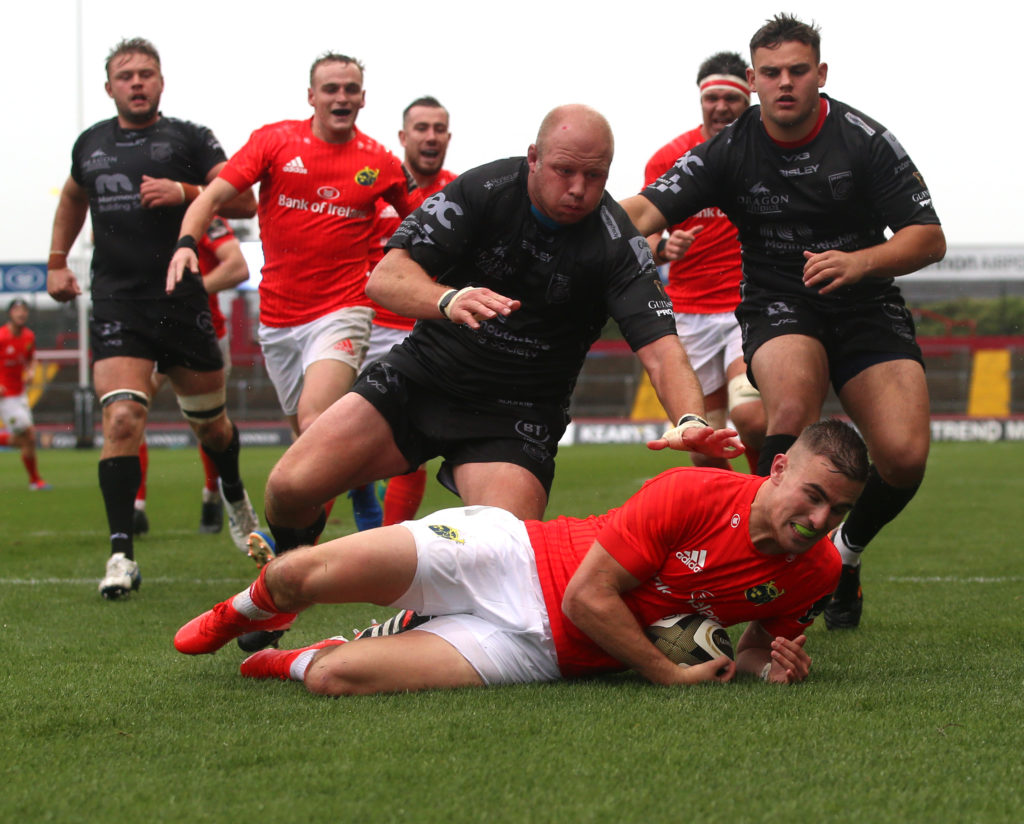
I can still hear it. I think it became all the more memorable because of how badly wrong Alan Hansen appeared to get it that season.
Manchester United went on to win the league with kids and all and that Class of 92 – Beckham, the Neville’s, Scholes, Butt – went on to become bonafide legends of the game.
For a lot of people, that gotcha moment became a template for how all professional sports teams should handle the introduction of young players, but in my opinion, those people take all the wrong lessons from it.
Firstly, they tend to forget that those younger players were introduced alongside the heavily experienced Steve Bruce, Gary Pallister, Peter Schmeichel, Roy Keane, David May, Ryan Giggs (a professional for five seasons in 1995).
Eric Cantona, Brian McClair and Denis Irwin who, as we know, was the greatest player to ever play the game and I won’t hear a word of dissent on that.
The young players were allowed to become who they would become because of the space afforded to them by senior professionals.
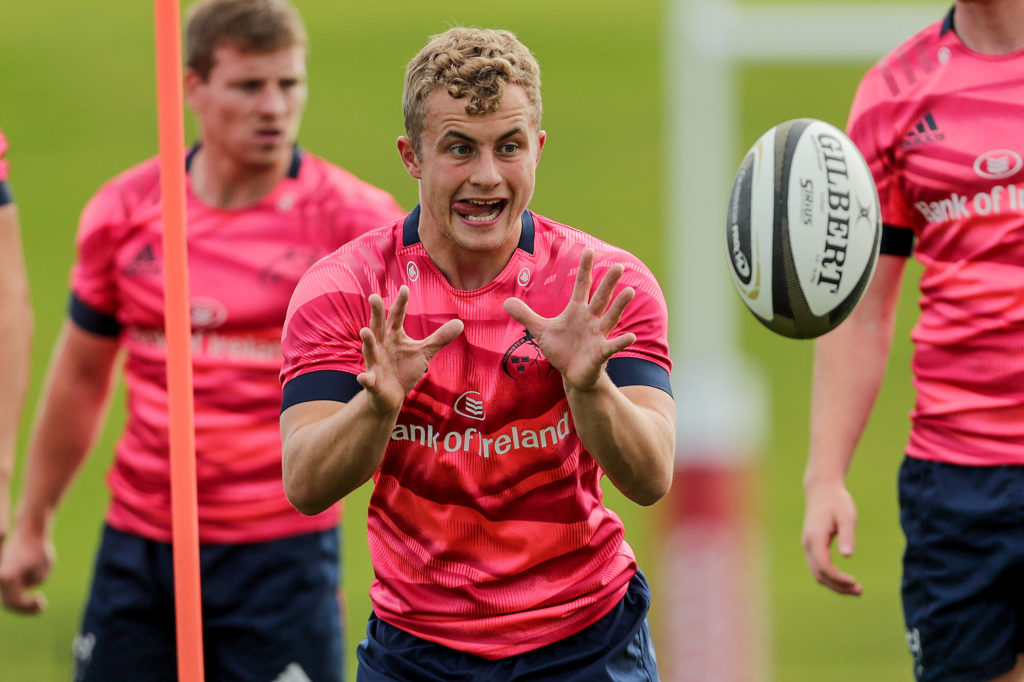
What does this have to do with rugby in 2019? Well, Munster have a group of young players that people are really excited about.
I just know that I’m going to be fielding questions all season long wondering why [INSERT NAME HERE] hasn’t gotten more game time and that [INSERT COACH HERE] is killing the younger players by not starting them more.
It’s a phenomenon I call “Schroedinger’s Youngsters”. The longer a young player doesn’t play, the better they become and the darker their career prospects look.
It doesn’t matter how much time the young player ends up getting over the course of the season or how much time and prominence former Schroedinger’s Youngers like Fineen Wycherley, Dan Goggin, Shane Daly, Liam O’Connor or Gavin Coombes get – there’ll never be enough starting for Munster in big games.
Dan Goggin is a perfect example. He racked up seven starts and seven bench appearances in his second year in the Munster Academy in 2016/2017 before moving onto a senior deal.
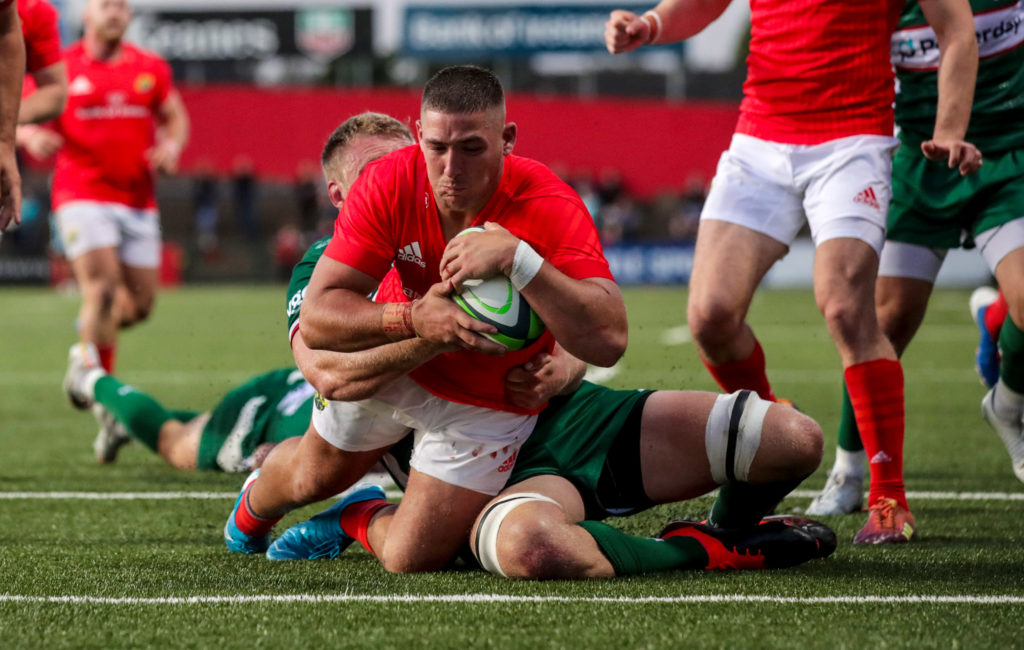
He only managed eight appearances in 2017/2018 because of a serious knee injury, but he saw 14 starts and seven bench appearances in 2018/2019.
“But It’s easier for backs to get game time given the physical demands being placed on forwards these days,” you might say. And you’d be right. In which case, I’d point you to Fineen Wycherley.
He managed two bench appearances in 2016/2017 and four bench appearances in 2017/2018 before racking up 10 starts and six bench appearances last season.
He’s started the first two games of this season and looks like he’ll play an important role in the squad if he can stay fit.
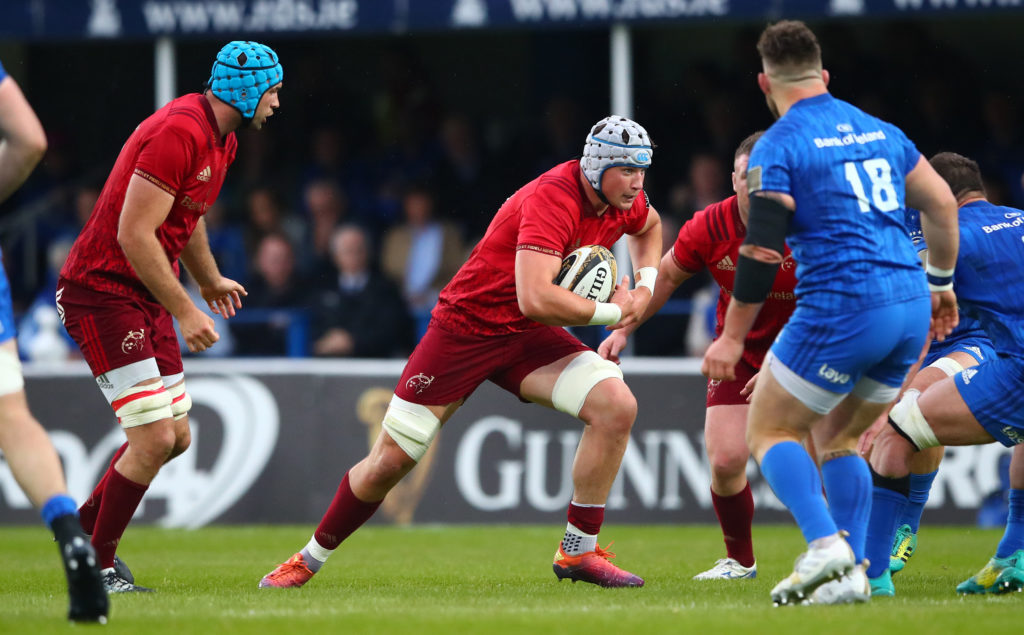
Fineen Wycherley won’t be 22 until December but he doesn’t count as a young lad anymore, for some reason.
To add to that, I’m expecting a lot of time for Gavin Coombes and Shane Daly this season and more opportunities for Jack O’Sullivan in Year 3 of the academy as long as they can stay fit.
Craig Casey, one of the most exciting players of the last few years, moved onto a senior deal this season.
Casey has been in the academy since 2017, but spent 14 months on the sidelines through injury.
He’ll be gradually exposed to more time this year, I would imagine, but as with all young talents, there’s no point in rushing them.
That goes double when it comes to forwards. Look at Peter O’Mahony. He made his senior Munster debut in Year Two of the academy with two bench appearances in 2009/2010.
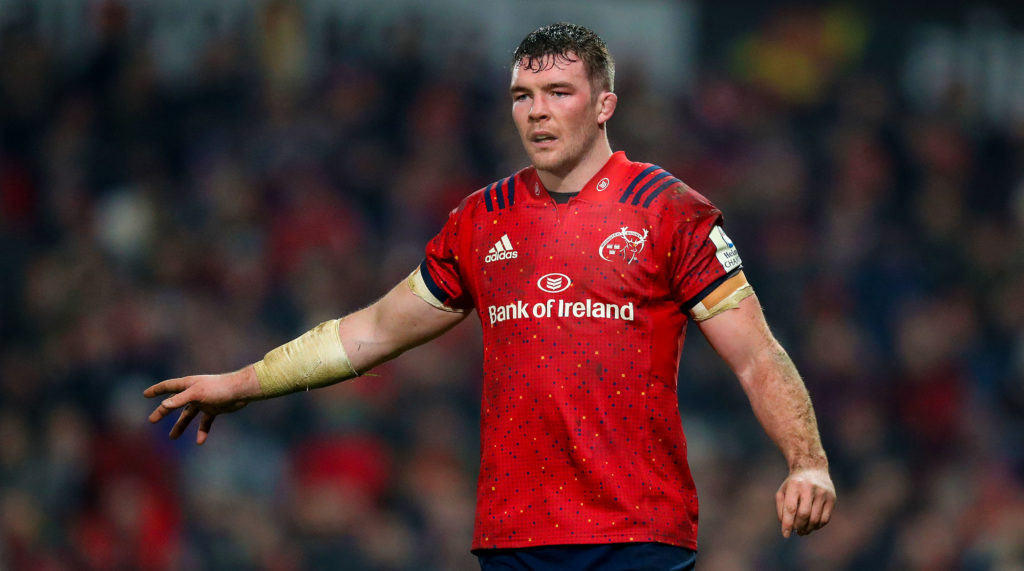
He got a development contract at the end of that season and got two starts and seven bench appearances in 2010/2011.
Keep in mind that the game has gotten incrementally more physical since the time that O’Mahony broke through and you’ll have a rough guideline for how Munster will ideally look to develop their talent ID’d players into starting roles.
As long as they have luck with injuries – over the next two to three seasons.


